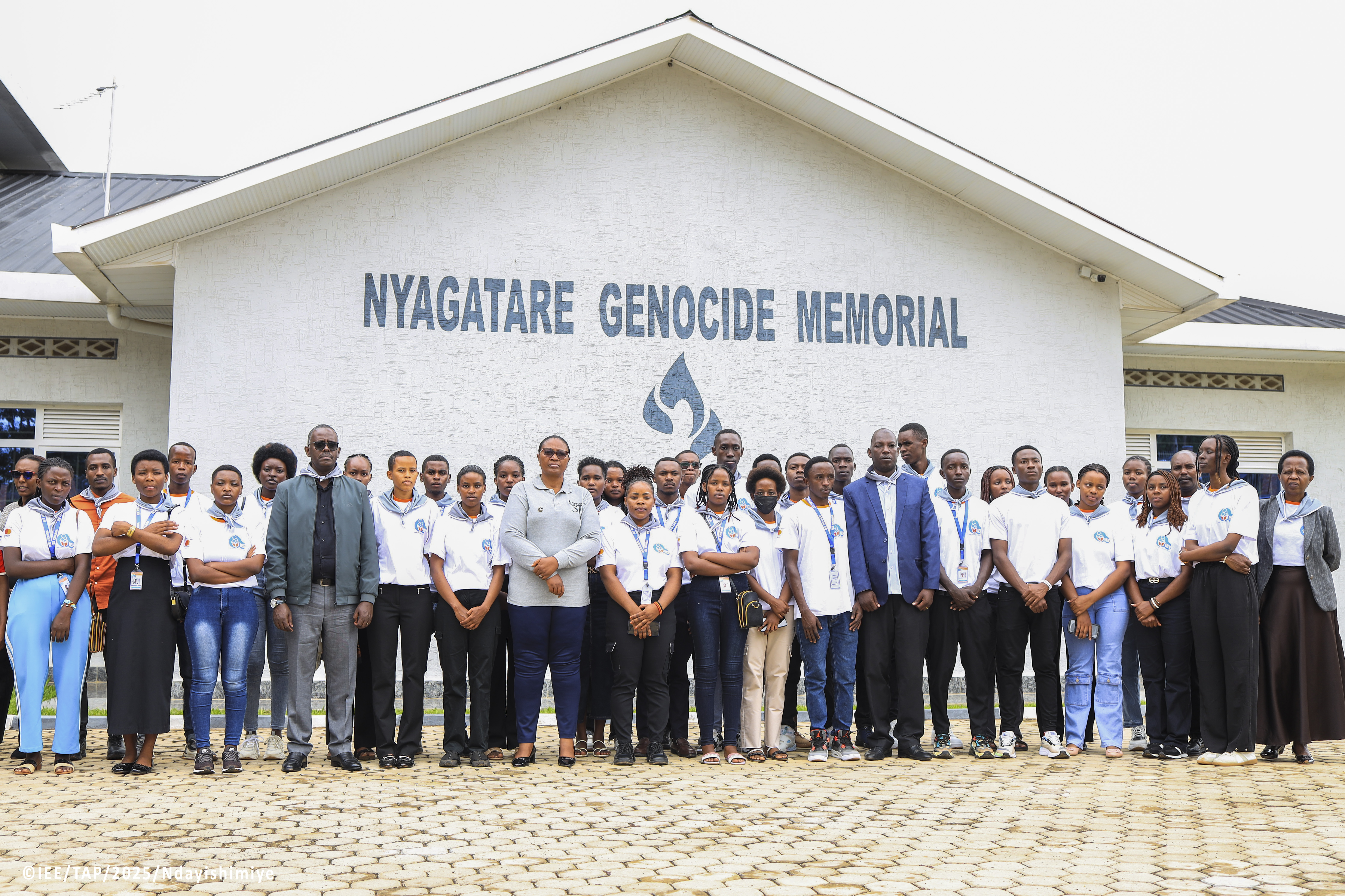On Wednesday, April 16, 2025, Emmanuel Murenzi, the Country Director of Inspire, Educate and Empower Rwanda (IEE), joined Teaching Assistants from Nyagatare District in a special event to commemorate the 31st anniversary of the 1994 Genocide against the Tutsi.
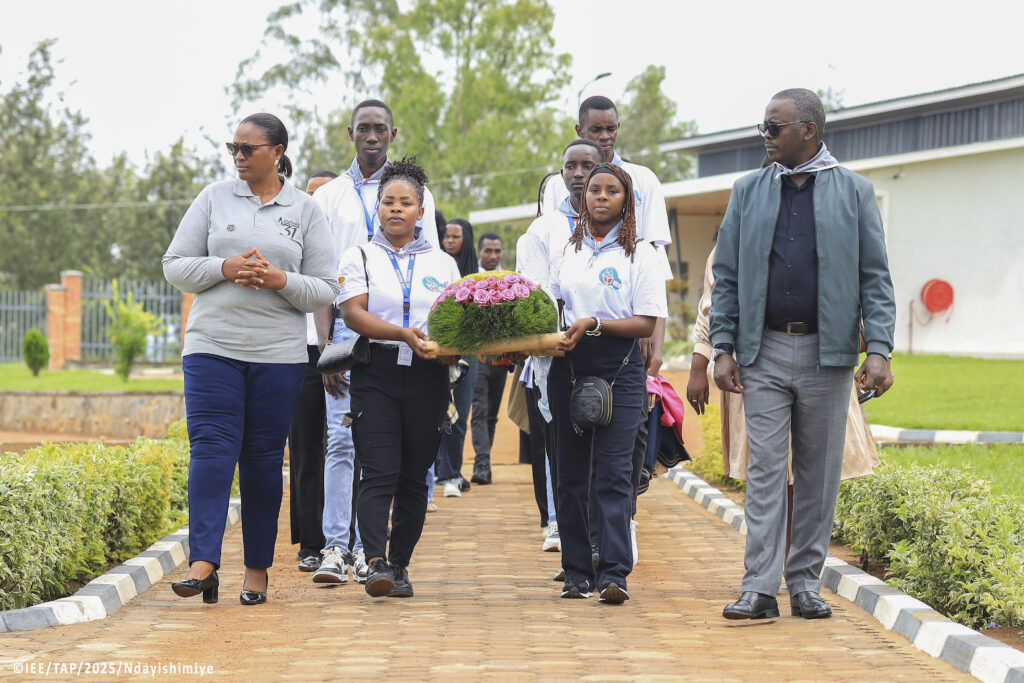
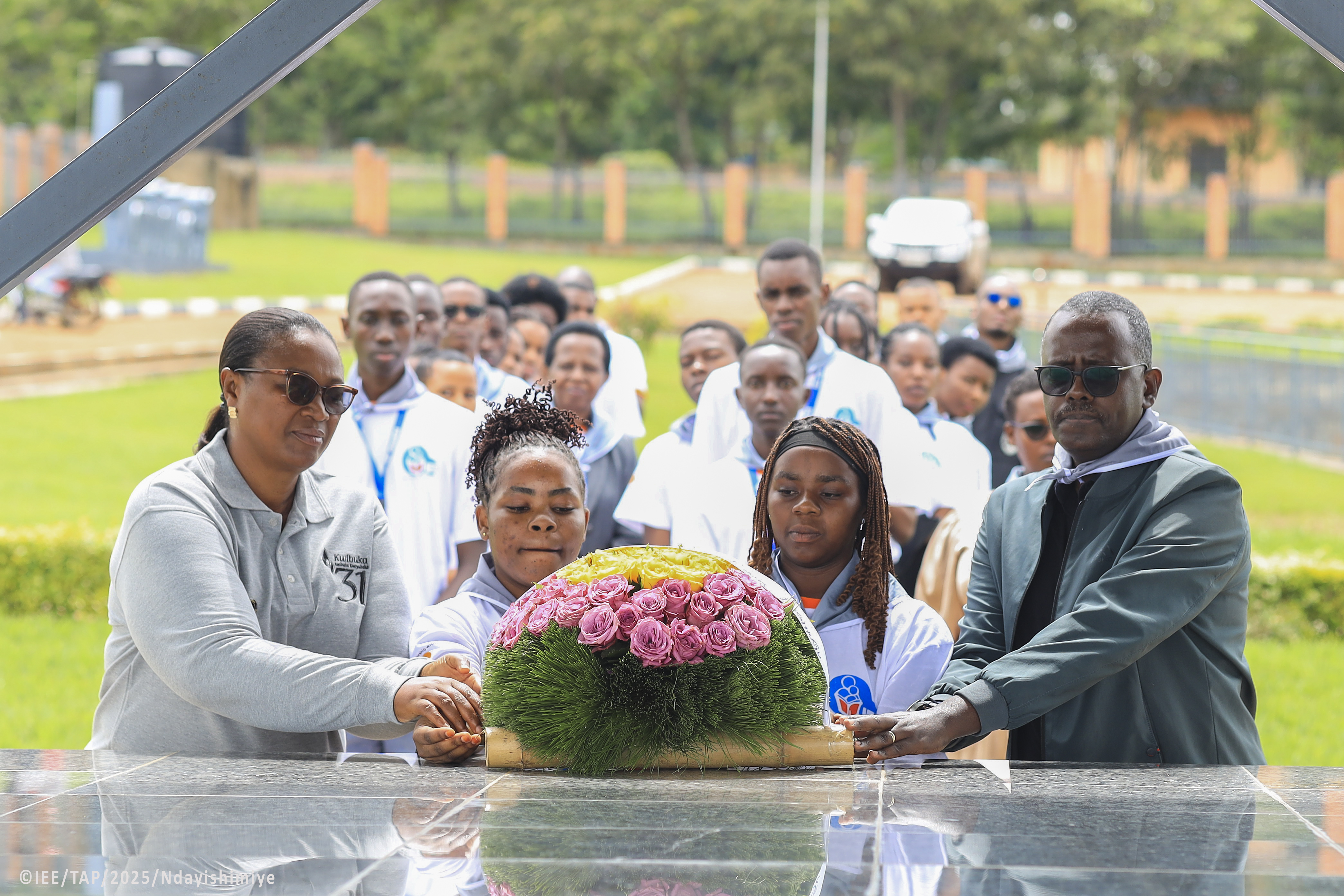
The event commenced with a memorial walk from GS Nyagatare to the Nyagatare Genocide Memorial. Participants paid tribute to the victims by laying a wreath at the resting place of those who lost their lives during the 1994 Genocide against the Tutsi. The memorial houses the remains and honors the history of those who perished during the genocide.
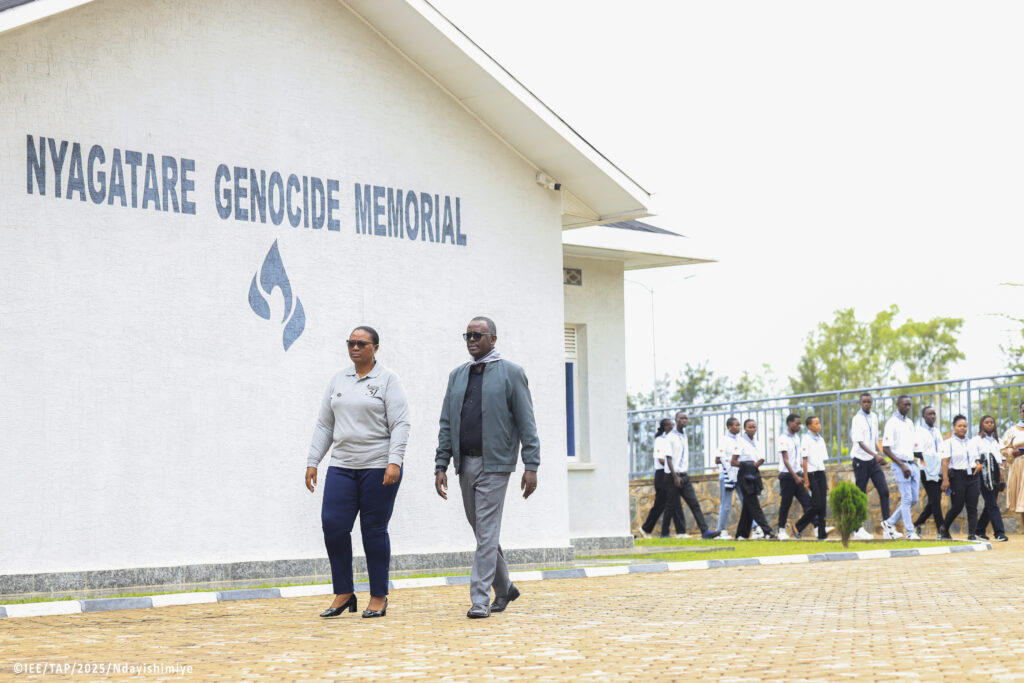
During the ceremony, the Teaching Assistants—most of whom were born after the genocide—received a briefing on its impact, focusing specifically on how the tragedy affected Nyagatare and its communities. Speaking at the event, Emmanuel Murenzi urged the youth to learn from Rwanda’s painful past to ensure such atrocities never happen again.
“It is crucial for children to learn this history because we, the older generation, are fading out,” he said.
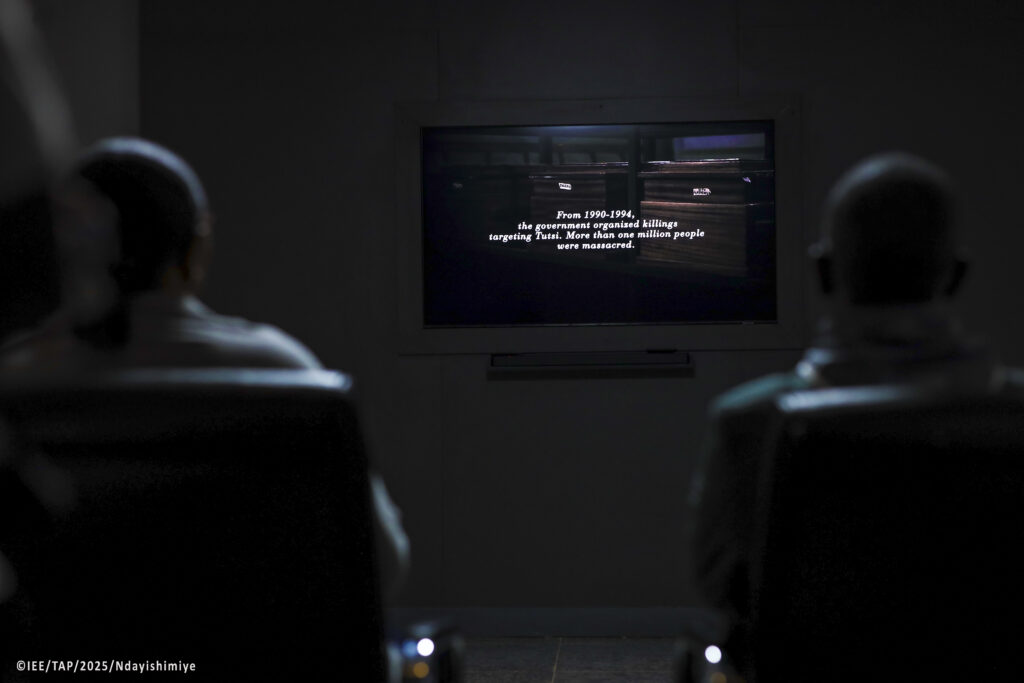
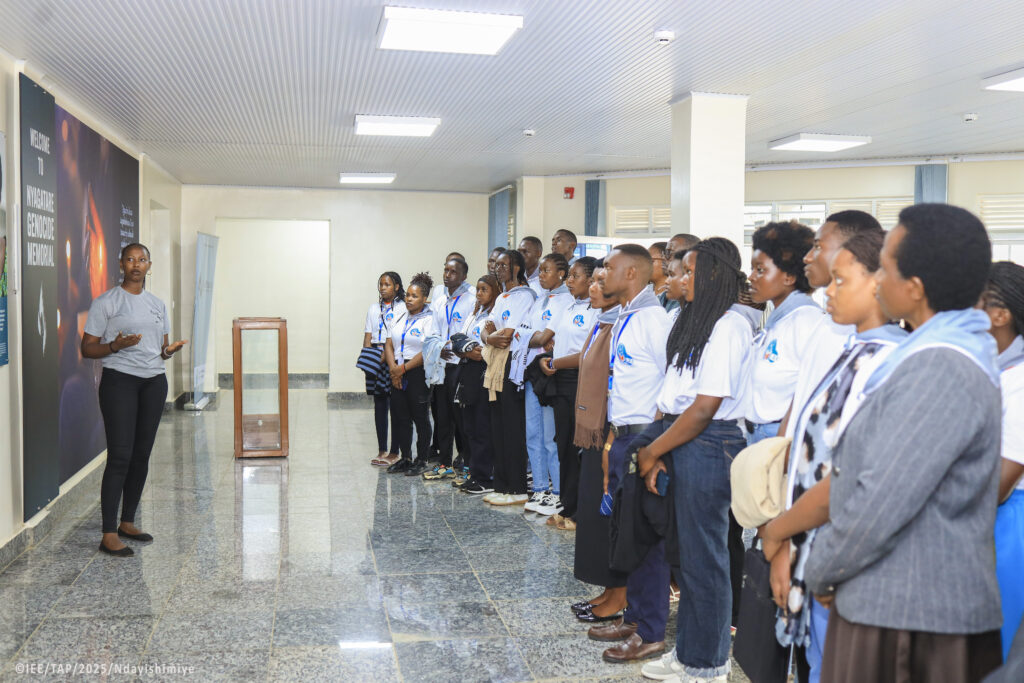
As part of the support extended to genocide survivors, the IEE team donated a dairy cow to Uwamwezi Consolée, a survivor of the 1994 genocide against the Tutsi. She expressed deep gratitude, saying the cow would go a long way in improving her livelihood.
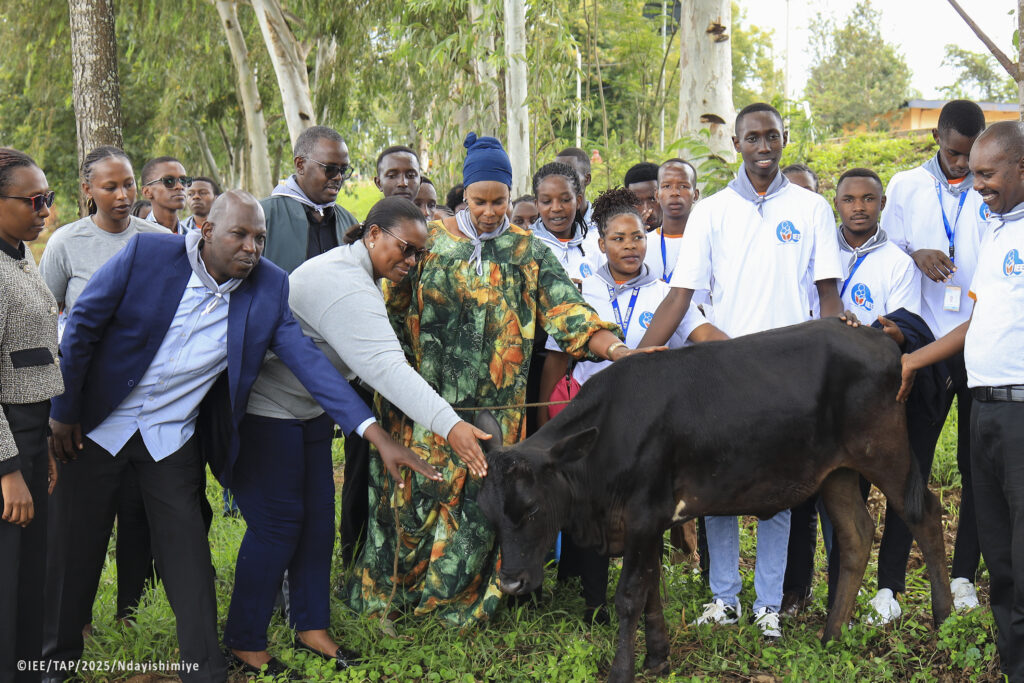
The young Teaching Assistants reflected on the lessons they had learned, emphasizing the importance of national unity and standing against any form of genocide ideology.
“As young people, we are committed to ensuring that the dark history that once plagued Rwanda never happens again,” said Shema Enock, a Teaching Assistant from GS Nyagatare.
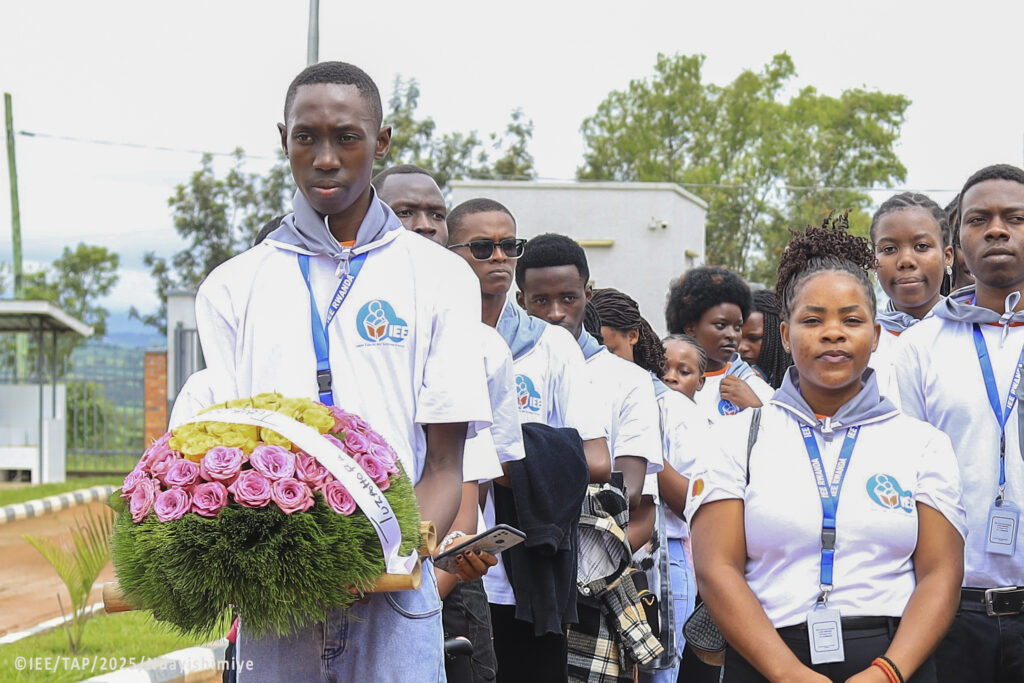
In closing the event, Julienne Murekatete, the vice mayor in charge of social affairs in Nyagatare District, encouraged the Teaching Assistants to strengthen the Clubs for Unity and Resilience in the schools where they work. She emphasized that these clubs would play a crucial role in promoting togetherness and peace among students and the wider community. Additionally, she urged them to address the issue of genocide ideology that is prevalent among the youth by using these clubs as a platform in their schools.

